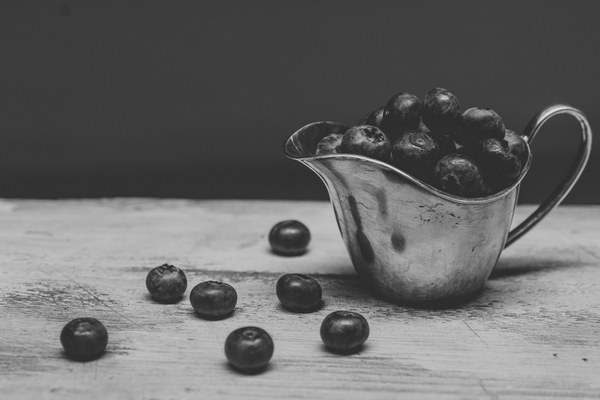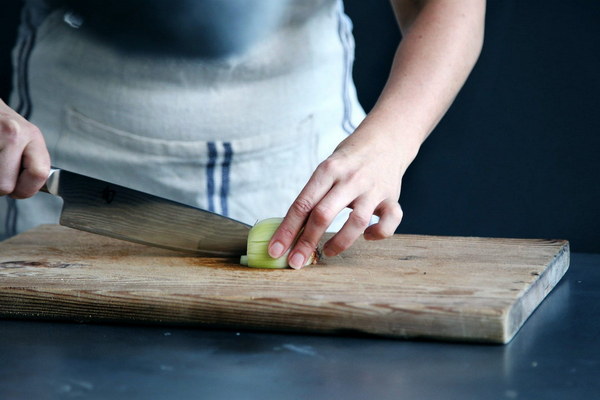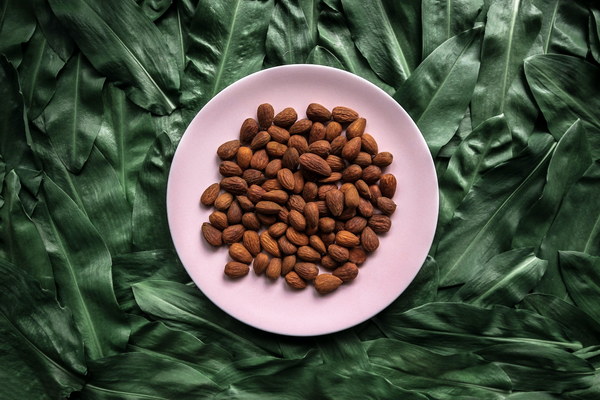Revamp Your Hair Care Routine Tips for Nurturing Oily Hair and Enhancing Overall Well-being
Introduction:
Dealing with oily hair can be quite a challenge, as it often leads to an unappealing, greasy appearance and can be difficult to manage. However, there are several ways to nurture your oily hair and enhance your overall well-being. In this article, we will discuss some essential tips to help you maintain a healthy, balanced scalp and achieve lustrous locks.
1. Understand the causes of oily hair:
Before addressing the issue, it's important to understand why your hair might be oily. Common causes include overuse of hair care products, hormonal imbalances, genetics, and excessive sebum production. Identifying the root cause will help you tailor your hair care routine accordingly.
2. Limit frequent washing:
Contrary to popular belief, washing your hair too often can exacerbate oiliness. Over-washing strips the scalp of its natural oils, leading to an increased production of sebum. Aim to wash your hair every 2-3 days, or less if necessary, to maintain a healthy balance.
3. Use mild, sulfate-free shampoos:
Opt for gentle, sulfate-free shampoos that won't strip your hair and scalp of their natural oils. These shampoos are designed to cleanse your hair without causing excessive dryness or irritation. Look for products that contain ingredients like glycerin, which can help to retain moisture.
4. Incorporate a clarifying shampoo:
Once a week, use a clarifying shampoo to remove buildup and excess oils from your hair. This can help to keep your scalp healthy and reduce oiliness. Be cautious, however, as frequent use of clarifying shampoos can strip your hair of moisture, so use them sparingly.
5. Use a gentle, lightweight conditioner:
Conditioners can weigh down oily hair, making it appear greasier. Opt for lightweight, leave-in conditioners that are designed for oily hair types. Focus on applying the conditioner only to the mid-lengths and ends of your hair, avoiding the scalp.
6. Consider using a hair mask:
Hair masks can help to nourish and hydrate your hair, without adding excessive oil. Look for products that contain ingredients like clay, which can absorb excess oil and help to regulate sebum production. Apply the mask once a week, leaving it on for 10-20 minutes before rinsing thoroughly.
7. Keep your hair healthy and hydrated:
A well-nourished scalp and hair can reduce oil production. Incorporate a healthy diet rich in vitamins and minerals, such as omega-3 fatty acids, zinc, and vitamin E. Additionally, consider using hair oils or serums containing these nutrients to keep your hair hydrated.
8. Avoid heat and harsh chemicals:
Heat styling tools and chemicals can exacerbate oil production and damage your hair. Limit the use of these tools and opt for natural, heat-free styling techniques whenever possible.
9. Manage stress:

High stress levels can lead to an increase in oil production. Find healthy ways to manage stress, such as exercise, meditation, and spending time in nature.
10. Seek professional advice:
If you've tried various hair care routines and still struggle with oily hair, it might be time to consult a dermatologist or trichologist. They can provide personalized advice and recommend treatments to help regulate oil production and improve your hair's overall health.
Conclusion:
By understanding the causes of oily hair and implementing these tips, you can effectively nurture your hair and enhance your overall well-being. Remember, maintaining a healthy, balanced scalp is key to achieving lustrous, manageable locks.









